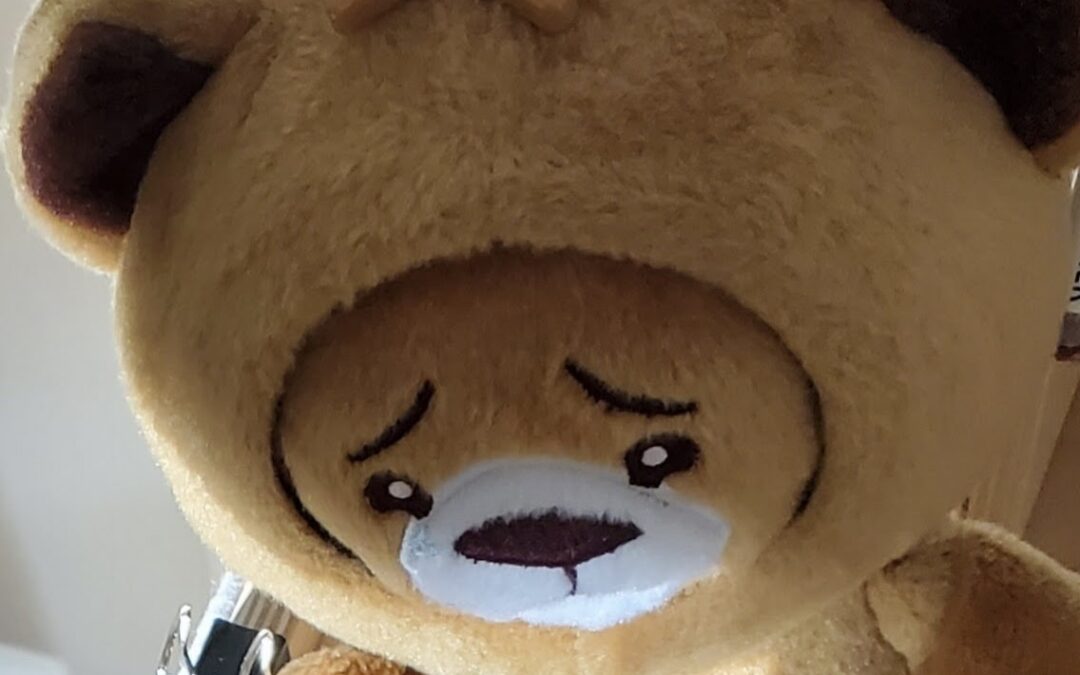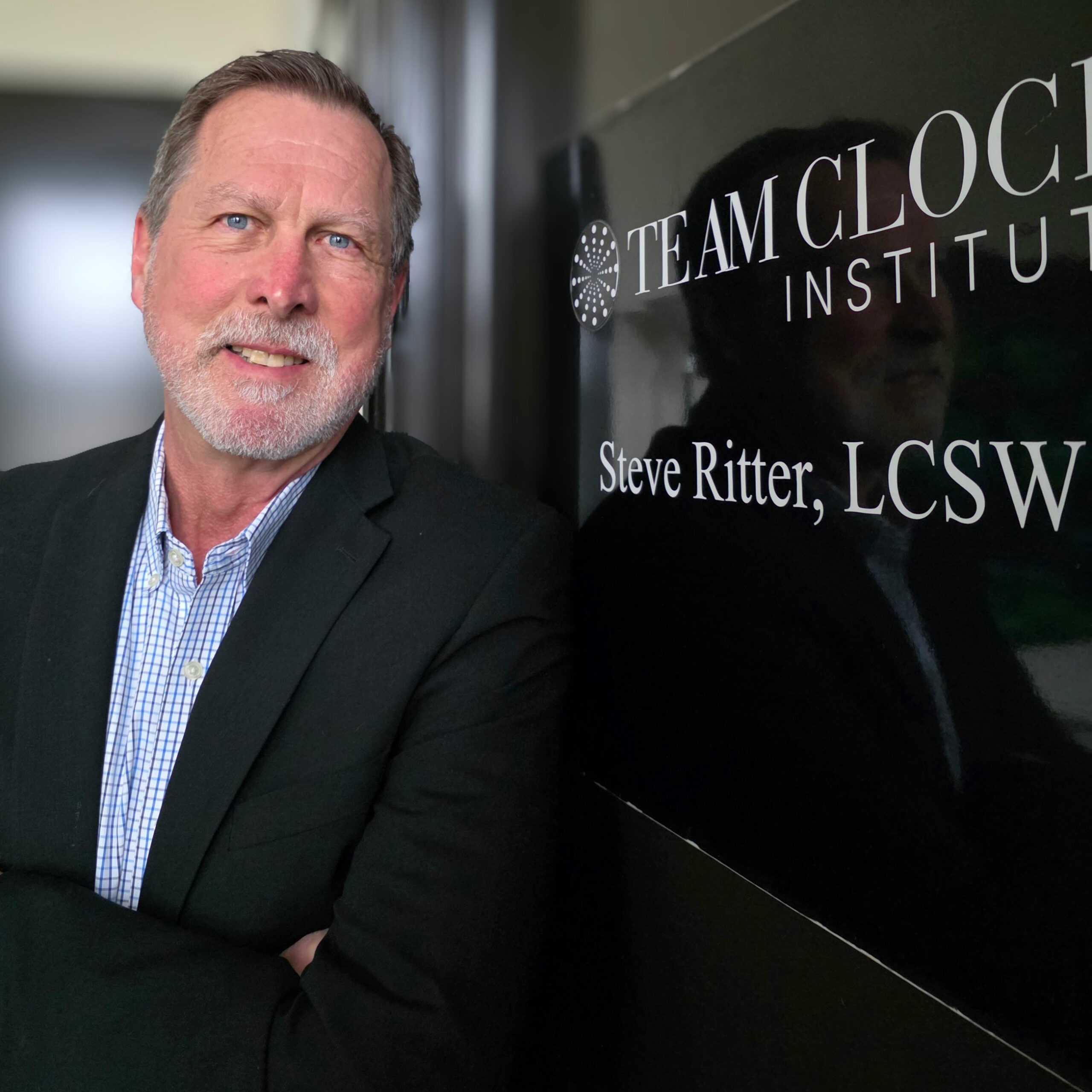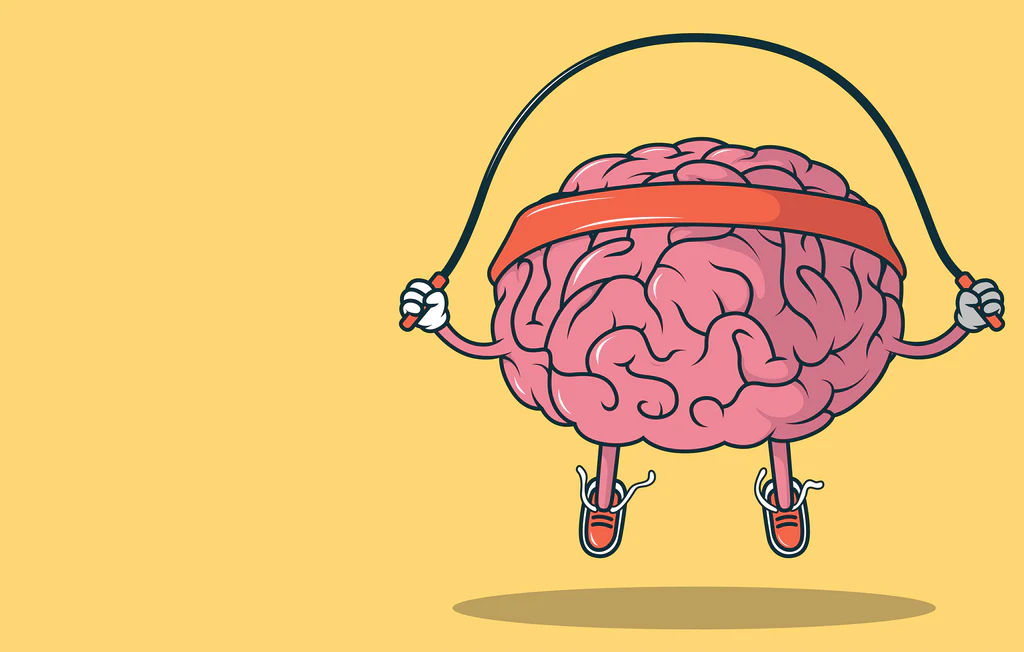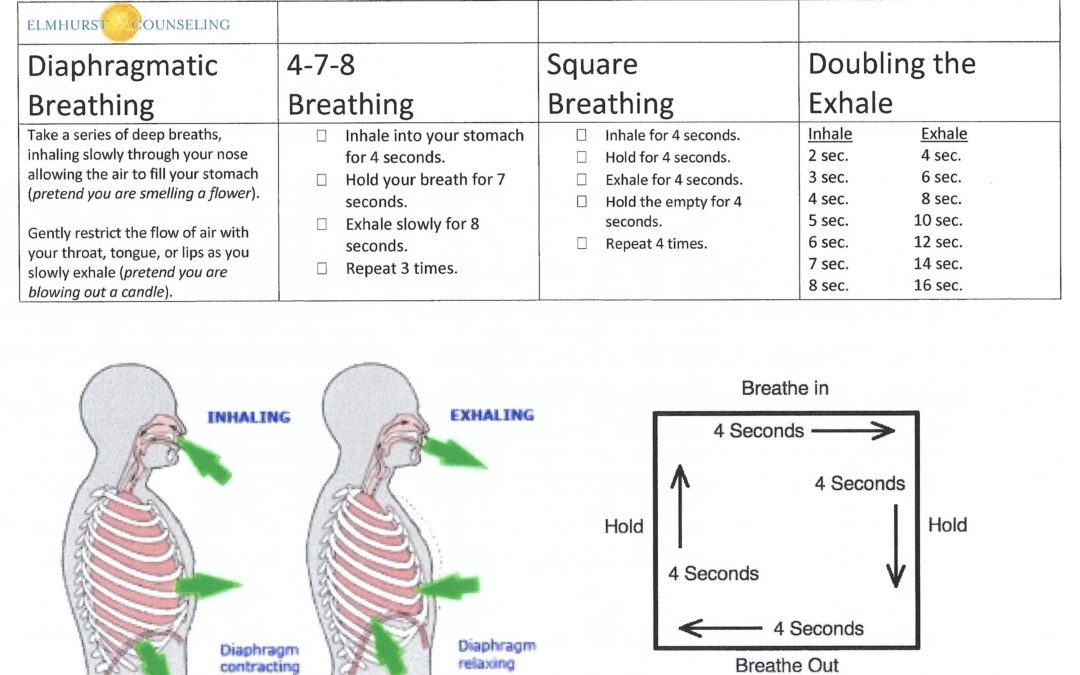
Who Owns the Feeling?
Emotions are contagious. Any of us are capable of shifting the mood of a room by bringing our vibe into the space. We’ve all been altered emotionally by the power of someone else’s mood. Whether excitement, anger, sadness, or fear – one of the ways we manage feelings is to share them. When the other person experiences your emotion, you feel understood.
There are a few psychological defense mechanisms that explain this – projection, identification, and projective identification, to name a few. They are designed to selfishly bring relief to negative emotions and to generously share the wealth of positive feelings. Examples abound.
One guy cuts off another guy on the highway and, before you know it, guy #2 is tailgating guy #1 with elevated blood pressure. Guy #1 gave guy #2 the gift of his aggressiveness.
A teenage girl arrives at the raucous sleepover party in a glum, tearful state. The girlfriends crowd around her and her emotional weight becomes the theme of the night.
A parent screams at their kid for something minor because the adult endured a stressful day in the workplace. The kid takes responsibility for the parent’s outburst and wonders what they could have done or not done to make the parent less upset.
The high school senior learns of the acceptance to her college-of-choice, and the whole family whoops it up in celebration of her accomplishment.
In clinical circles, we call this ‘parallel process.’ The contagion becomes a window to the world of another person. If you assess what you are feeling in a particular interaction, it is extremely likely that your dance partner feels the same way and shared it with you. This becomes a valuable tool for parents. Consider the chart below as a roadmap for how to manage your child’s emotional reaction:
When the
child is: I Feel… Intervention
angry frustrated de-escalation
scared worried reassurance
tired depleted resources
overwhelmed stressed structure
hopeless ineffective encouragement
withdrawn sad contact
Of course, this works with two adults in the same way. In the heat of the emotion, step back and get perspective. Become a diagnostician of the macro-level interaction from that wider lens, and then step back into the fray with precisely the most helpful reaction. The emotion you are feeling might not be your own.

About the Author
Steve Ritter, LCSW is the Founder and Executive Director of Elmhurst Counseling. He has served as a teacher, author, consultant, human resources director, health care administrator, and licensed clinical social worker since 1977. A fellow of the American College of Healthcare Executives, Steve has provided coaching, therapy and team development services to thriving schools, businesses and organizations.




